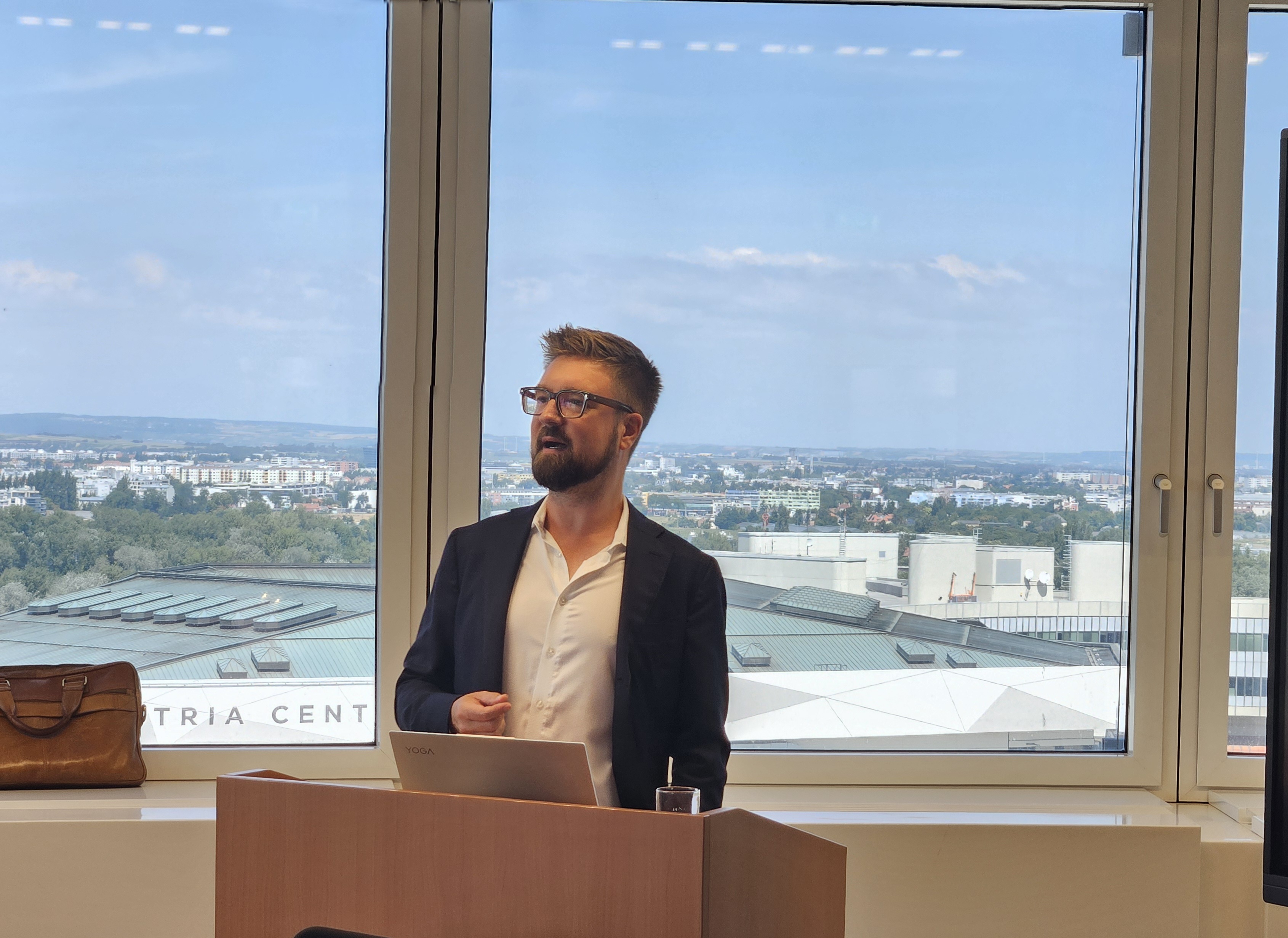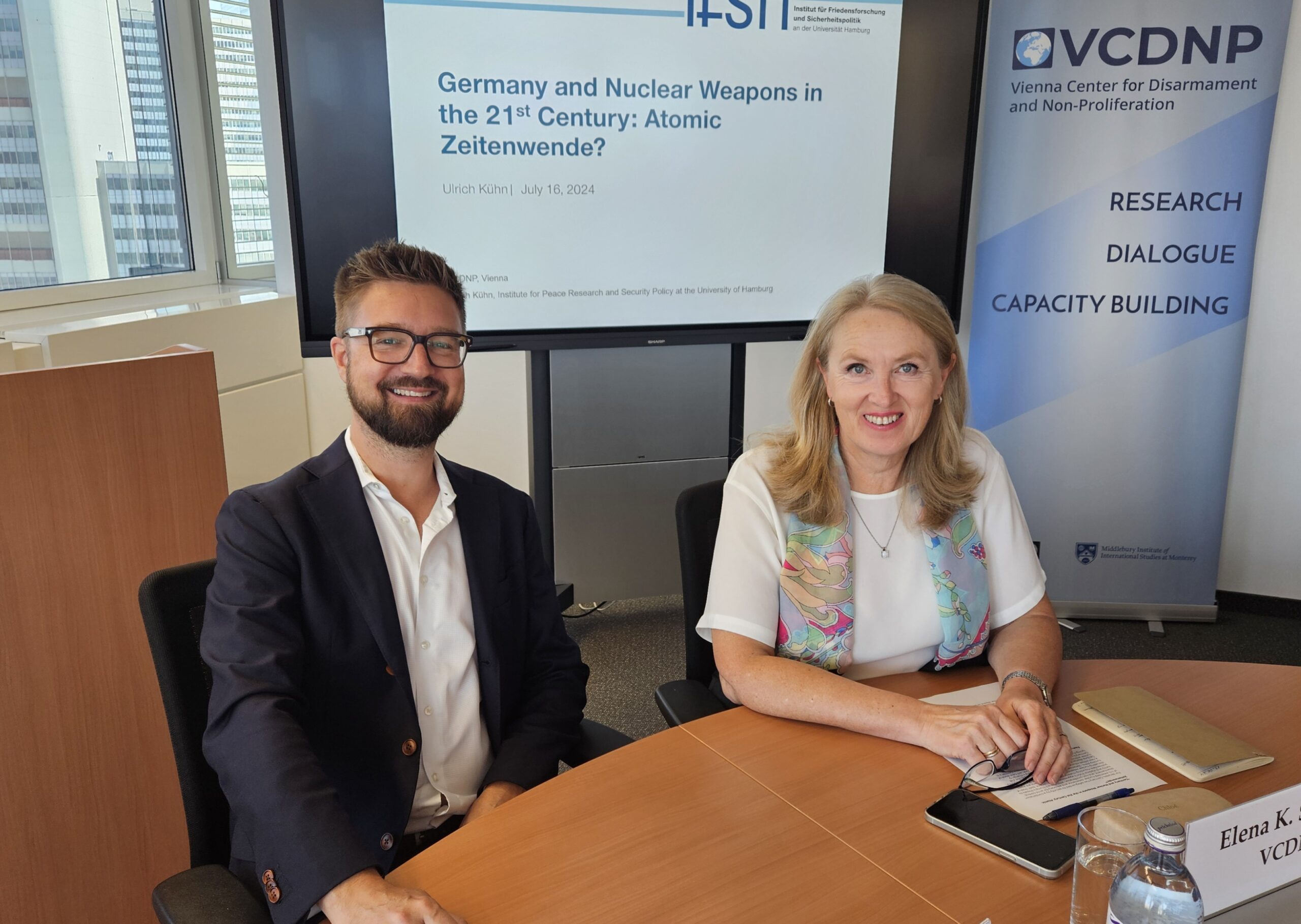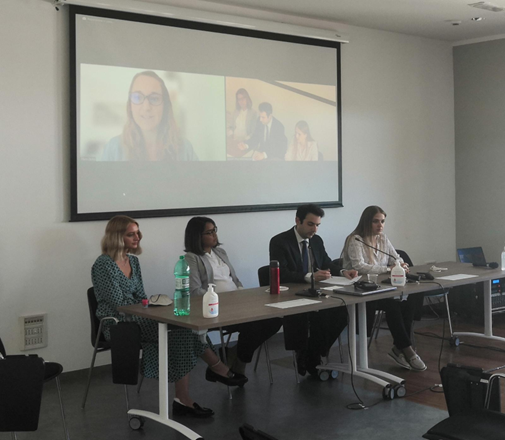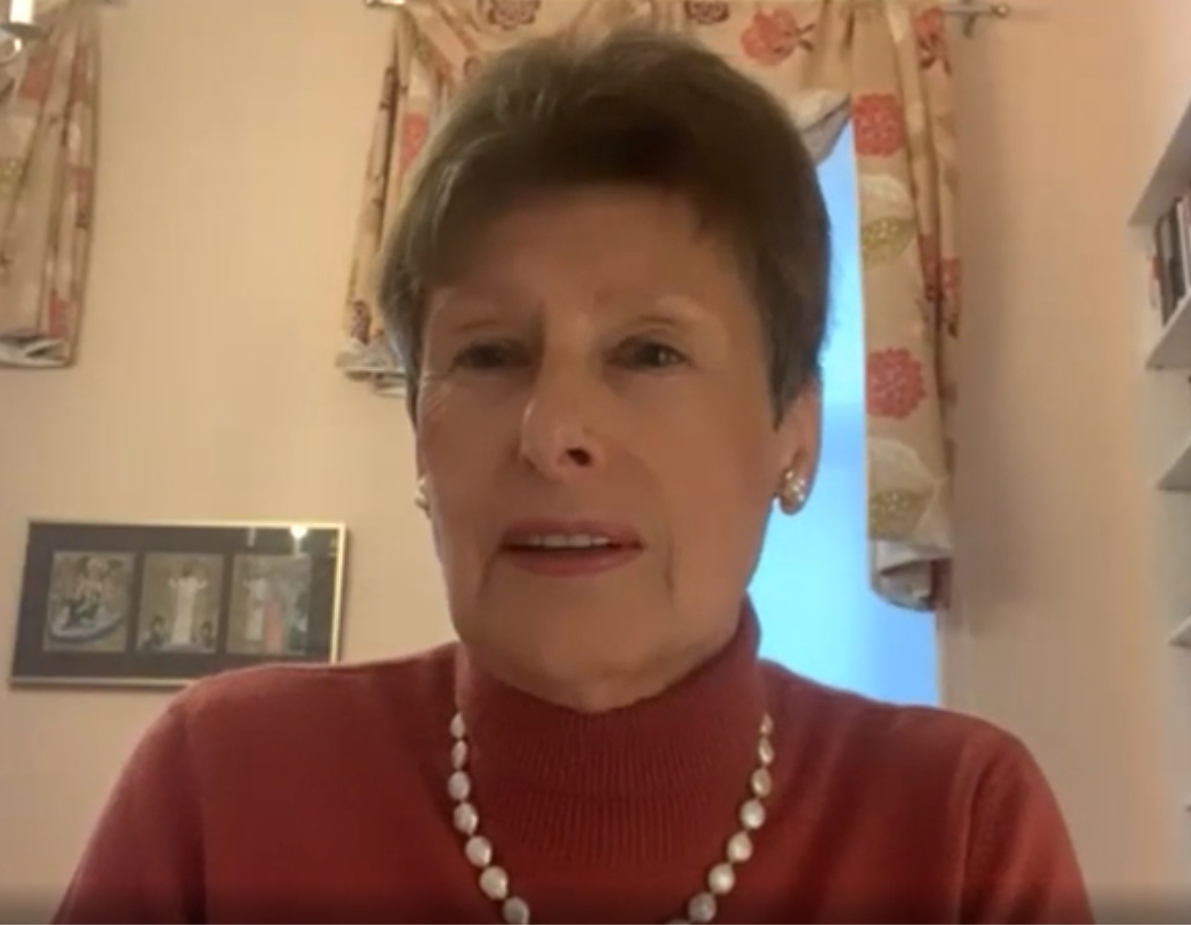
On 17 July, 2024, the VCDNP hosted a book launch seminar focused on Germany’s nuclear policy. Dr. Ulrich Kühn, Head of the Research Area Arms Control and Emerging Technologies at the University of Hamburg’s Institute for Peace Research and Security Policy (IFSH) and the editor of the book “Germany and Nuclear Weapons in the 21st Century: Atomic Zeitenwende?”, presented its findings. Elena K. Sokova, VCDNP Executive Director, chaired the seminar.

Dr. Kühn explained that the book was a response to a recent surge in public debate in Germany concerning various nuclear issues, ranging from the role of nuclear weapons in European security to the decommissioning of Germany’s nuclear power plants. Featuring contributions from 14 authors, the volume provides a comprehensive and in-depth historical analysis of Germany’s nuclear policies, covering topics such as deterrence, arms control and disarmament, and non-proliferation.
For decades, Germany has ensured its security through a combination of U.S. extended nuclear deterrence and a strong commitment to arms control, disarmament, and non-proliferation. However, recent challenges, such as Donald Trump’s threats to withdraw from NATO and ongoing Russian aggression in Ukraine, are testing both aspects of German policy. This has reignited a national debate about nuclear weapons amid a significant turning point—Zeitenwende—in German foreign and security policy.
By illustrating the key findings of the book, Dr. Kühn stressed that Germany’s nuclear policy has historically been dependent and conservative. Germany relies on the United States for its security through the NATO nuclear sharing arrangements. At the same time, the favourable security environment has enabled the country to promote arms control and disarmament goals. These competing interests have compelled Germany to navigate complex balancing positions which include both maintaining its nuclear sharing with NATO, choosing deterrence as a source of security, and participating in the Treaty on the Prohibition of Nuclear Weapons meetings as an observer.
Dr. Kühn noted, however, that Germany’s delicate balance between deterrence and disarmament goals is coming under increasing pressure due to several factors. Growing energy demands and the full-scale Russian invasion of Ukraine, for instance, are prompting the general public and political parties such the Greens to shift their stance on all things nuclear (both power and weapons), moving away from their historical anti-nuclear positions.
The decision announced at the NATO’s 75th Anniversary Summit to deploy long-range U.S. missiles in Germany from 2026 onwards is also emblematic of a more decisive shift toward a more robust deterrence posture.
Uncertainties regarding future US commitment to the transatlantic alliance, however, call for a thorough discussion at the European level on nuclear policy, according to Dr. Kühn. The small likelihood that the United Kingdom and France take on the role of the United States in European security means that discussions must lead to an outcome that prevents individual states from exploring their own nuclear weapons programmes.
The Q&A session looked at the role of civil society in shaping nuclear decisions, the status of the discussion on risk reduction measures, as well as US – China relations, which might also distract the next US president from its commitment to European security.

